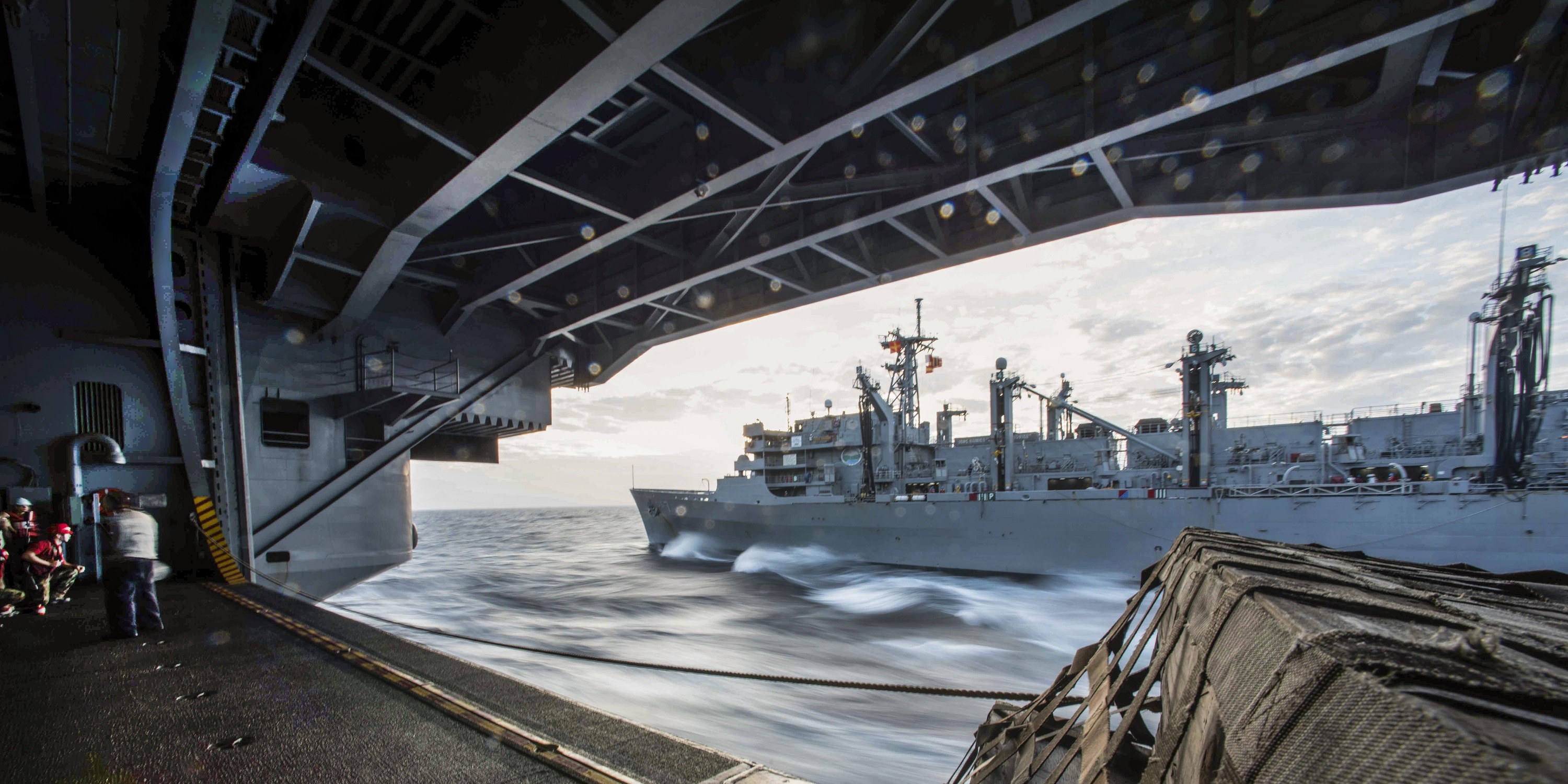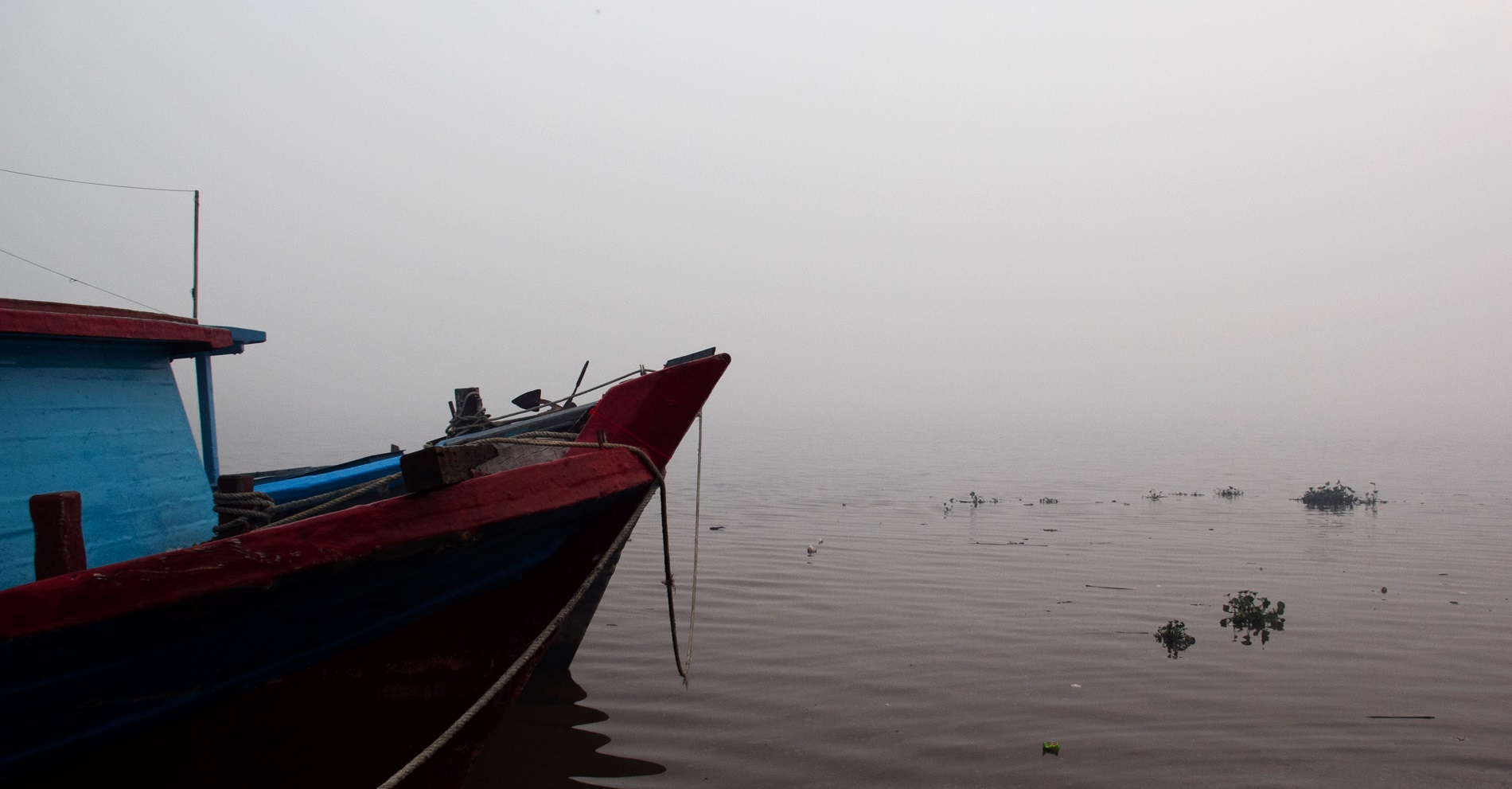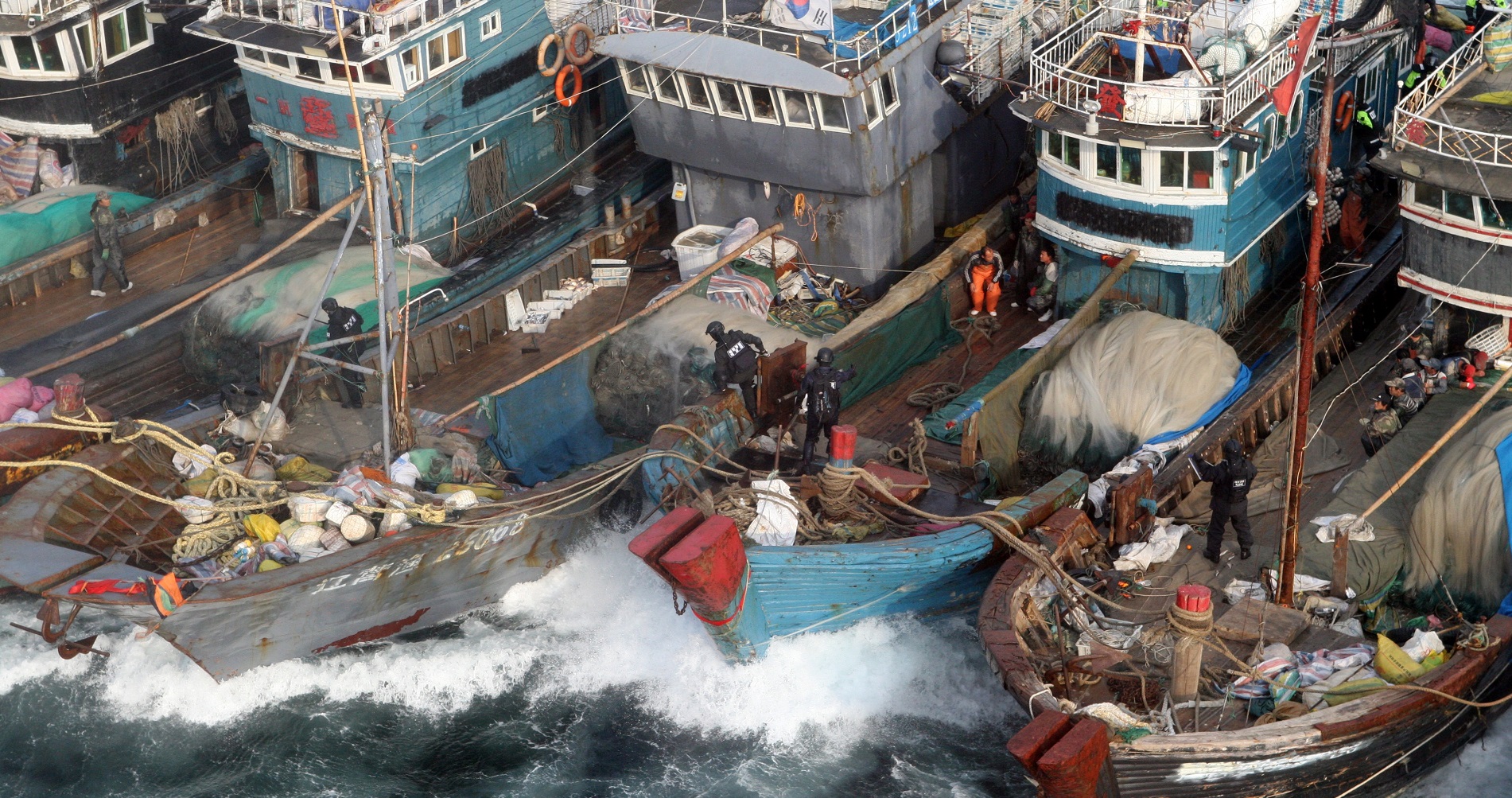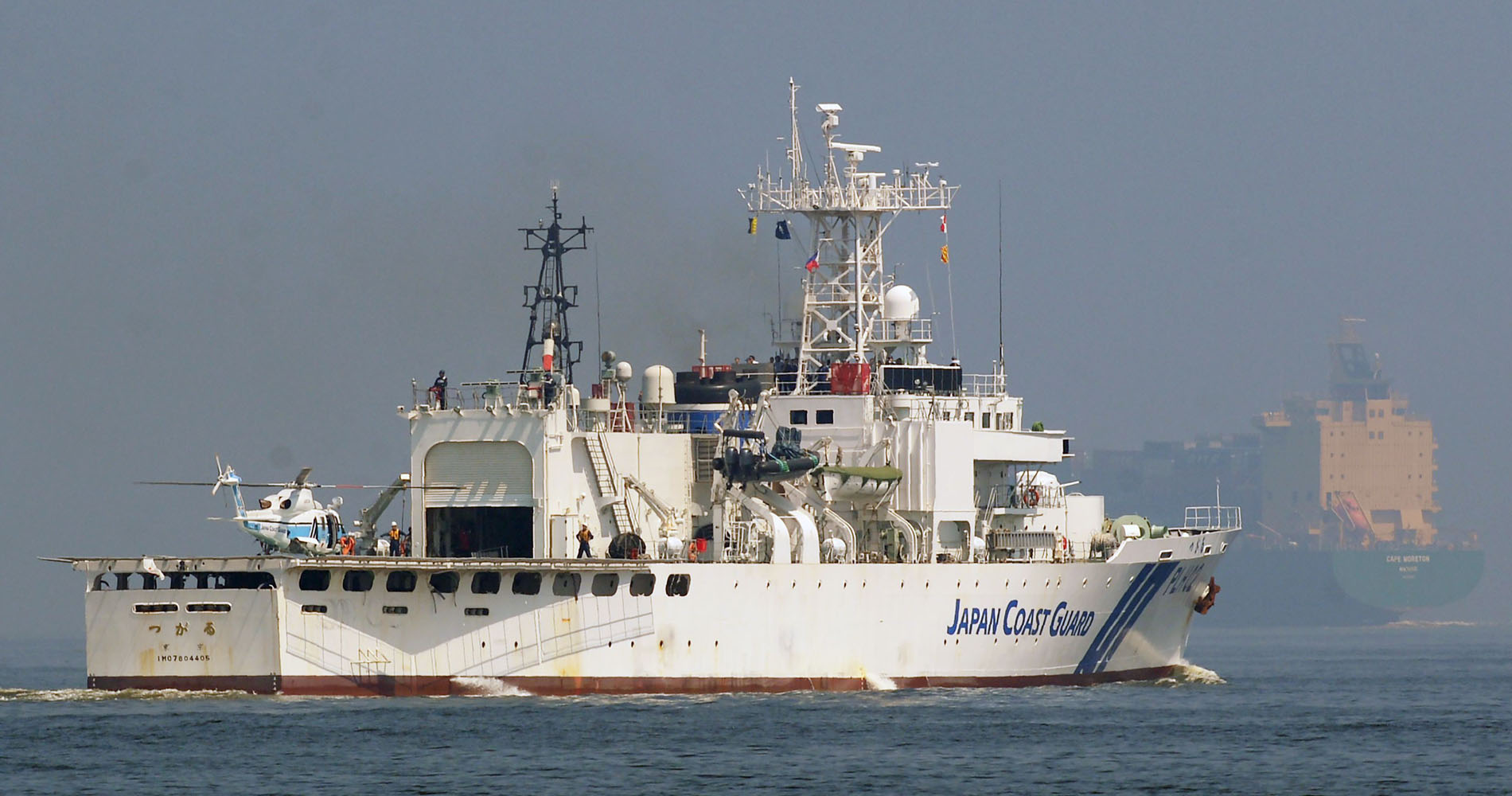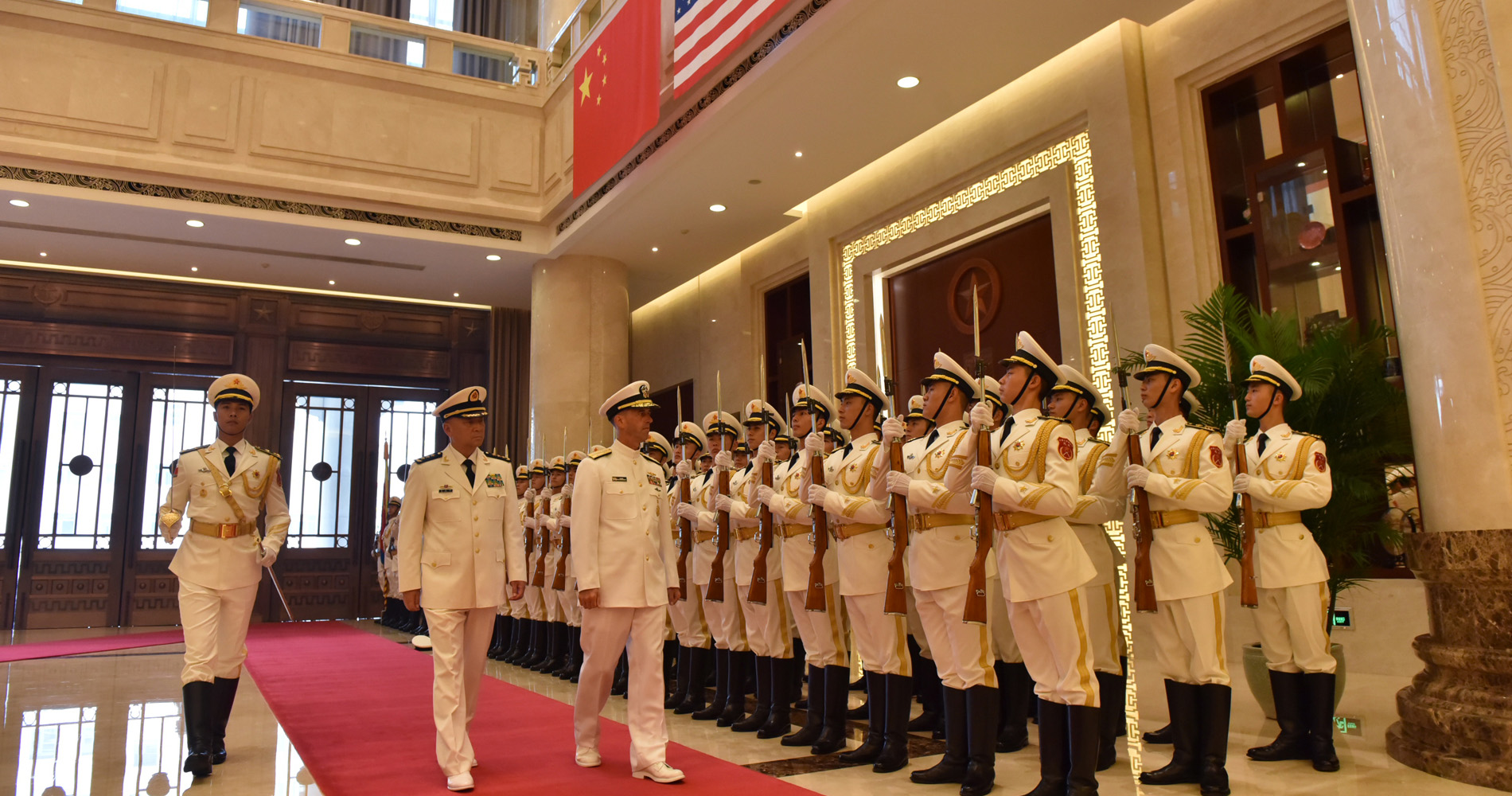Missed Opportunities in the Pentagon’s New Maritime Strategy
The Department of Defense recently released its Asia-Pacific Maritime Security Strategy. Because of rapid security changes in the maritime realm, the document is a welcome declaration, providing much greater clarity on Washington’s strategy in the region. While concentrating on the military elements of US policies and actions in the region, the paper is set in the large context of overall US strategy, and includes frequent references to the complementary actions of the Department of State and the Coast Guard. While not detracting from the strength of the document, there are a number of key areas receiving little-to-no mention, resulting in… Read More »Missed Opportunities in the Pentagon’s New Maritime Strategy
